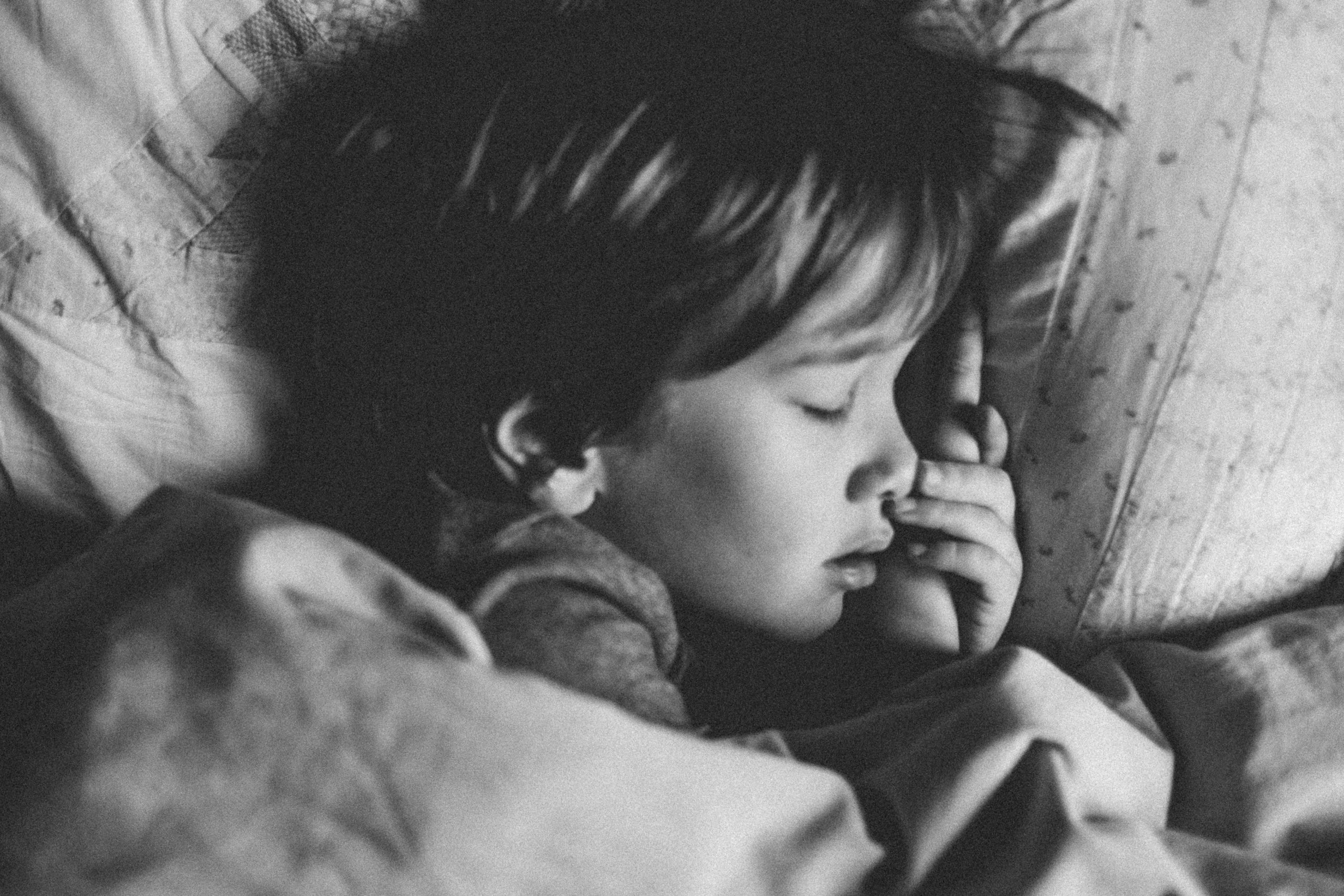I am a physical activity dork. We all know it — so why in the world would I be interested in sleep?
Because sleep, good solid sleep, is what allows me to be ready for the next day and all the awesome stuff that goes with it.
What about children? Young children need more sleep that adults, yet more often than not, we treat them like Mini-Me’s expecting them to rally and stay up late. Once in a while that is fine, like the treat of eating out, or going on a special weekend adventure. But it is a treat, period. We are doing them an enormous disservice when we don’t put them to bed at a reasonable hour — for preschoolers that means before 8pm and preferably at the same time every night. Why?
First, let’s talk about their long term success. That starts with learning and academics. In a young child’s day, compared to an adults day, more of what happens to them is new. When a new experience happens, we are learning and the brain is making new connections, synapsis. By default that means that kids are making more synapsis through these new experiences every day than we are. So there is a lot more for them to process each day, and that is exhausting work.
Think of the brain as a sponge. All day long that sponge is absorbing information. When we go to bed, the brain effectively squeezes that information out, processes it and either stores it or discards it leaving the brain fresh and ready to absorb information again the next day. Without adequate sleep, information has not been completely squeezed out of the sponge, making new learning the next day more difficult.
If we stay awake too long, the sponge is saturated and can no longer absorb information. Have you ever experienced an over-tired child? They whine, cry easily, have meltdowns. But if they are consistently staying up late and getting little sleep, these become ingrained behaviors that are not acute like melt-downs but rather consistent bad behavior that is difficult to change. The challenge in changing them is two-fold: the behavior is habitual and the sleep deprivation prevents the brain from learning and the behavior from improving.
Sleep and the direct connection to classroom success
If children are sleep deprived on a regular basis, the brain never gets that chance to reset and learning at school becomes more difficult. One study found that 7-11 year old children who increased their nightly amount of sleep by just 18 minutes five times a week had marked improvements on their report cards. And by the time they are in high school another study found that 15-19 year olds who went to bed between 10pm and 11pm had the highest GPAs in the study group while those who had the least sleep had the lowest GPAs.
Sleep and the direct connection to obesity
Second, sleep and lack of it increases a child’s risk of becoming obese. A study from University of Illinois Urbana-Champaign found that children who get less than 7 hours of sleep a night are 3 times more likely to be overweight. Another study from the Journal of Pediatrics found that children with the shortest length sleep on a consistent basis were 4 times more likely to be obese. And yet another study from Ohio State University published in the Journal of Pediatrics examined the sleep patterns of 5 year olds and their resulting health ten years later. The results are astounding: of the children who went to bed before 8pm, 10% were obese 10 years later, 16% of those who went to be between 8-9pm were obese but 23% of those who went to be after 9pm were obese.
It is tough to get kids to go to bed, particularly when there are late returns from work, housework, laundry, cooking to do not to mention their extracurricular activities. But the bottom line is this: a regular, consistent bed time is something that can be controlled by adults because children’s waking up time is something that cannot be controlled. The more the bedtime is enforced, the easier it gets and this carries over into the teenage years. And trying to change those patterns in the teens is a much more challenging, if not almost impossible. Early childhood is the key.
And that early childhood bedtime routine is an easy foundation on which to build healthier bodies and solid GPAs down the road!
Updated 4/30/19
Photo by Annie Spratt on Unsplash
